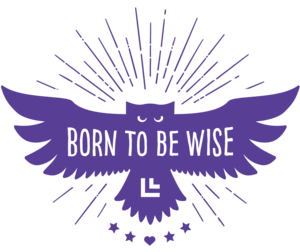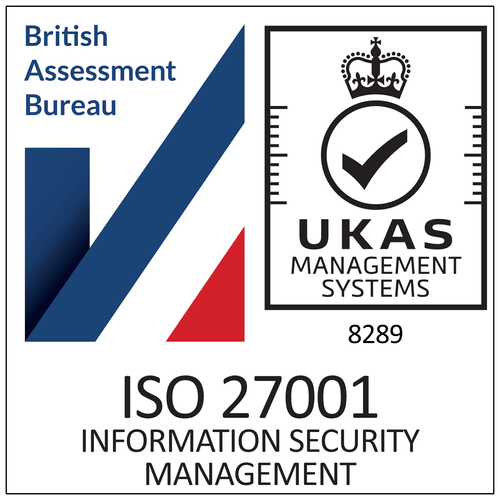Do you manage a hotel chain, store, restaurant chain, or fitness center? Do you work as an operations manager, site manager, or general manager? Then you are probably aware of all the hard work that goes into running your business at full speed. Quick turnarounds, tight deadlines, and a constant influx of demanding customers are all part of your day-to-day work.
In such turbulent work environment, how do you successfully onboard new staff?
To ensure an efficient process and a positive experience for everyone involved, we have put together Learnster's 4P for a successful onboarding.
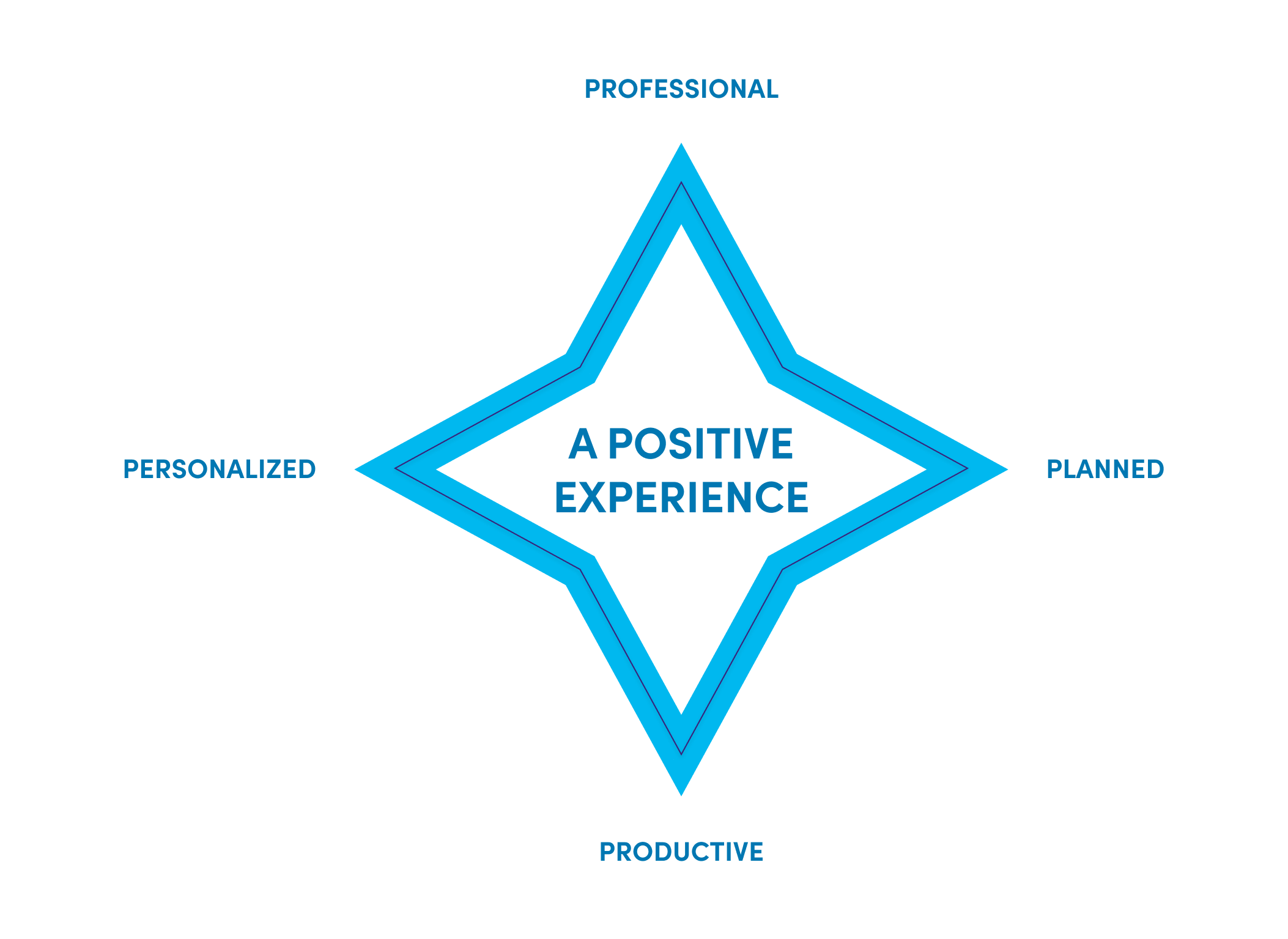
1. A planned employee onboarding
Having a basic understanding of your business prior to the start date ensures a smooth start for the new joiner. Instead of spending valuable time teaching the basics, you and your team can focus on the daily workflow - without unnecessary disruptions or downtime.
The time between signed contract and official start date is often referred to as preboarding. This is usually an exciting time period with lots of curiosity and anticipation for the new job. Make the most of this opportunity by providing your new employee with information, such as company overview, core business values, safety standards, and local routines. You can also send personal greetings from managers and other colleagues to make your new joiner feel welcome.
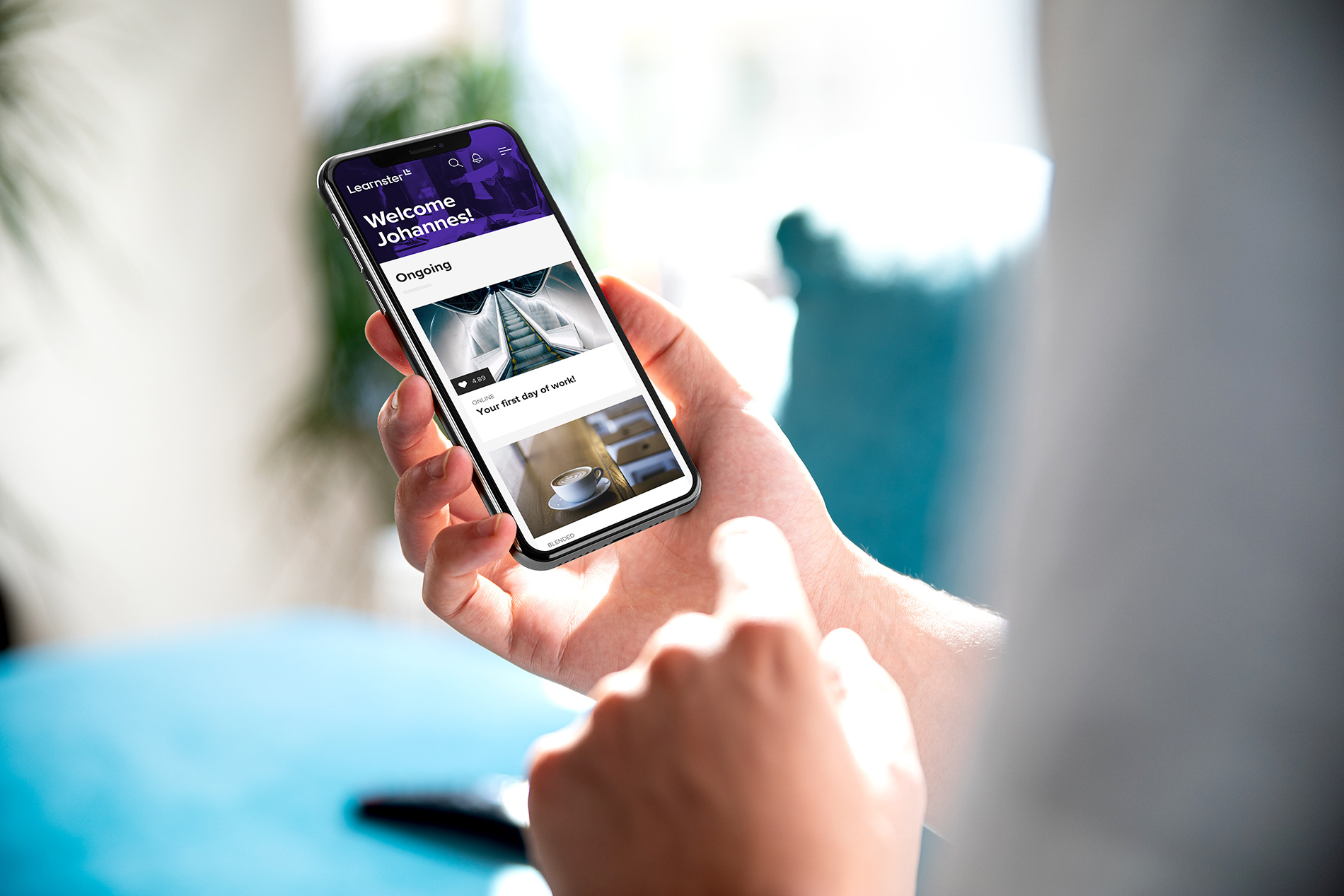
2. A professional employee onboarding
Share important information in a way that makes sense to your employees. Both paper-based checklists and learning-by-doing may seem like good options at first. But they often fail to meet today's expectations of a digital and accessible training program - especially among your younger employees.
Give your new starters the opportunity to process new information and apply it onto the daily work. Nothing is more important than seeing crucial information being reflected in the day-to-day business. You can also gauge the knowledge levels by inviting your employees to fun and challenging tests and surveys - both during and following the onboarding process.
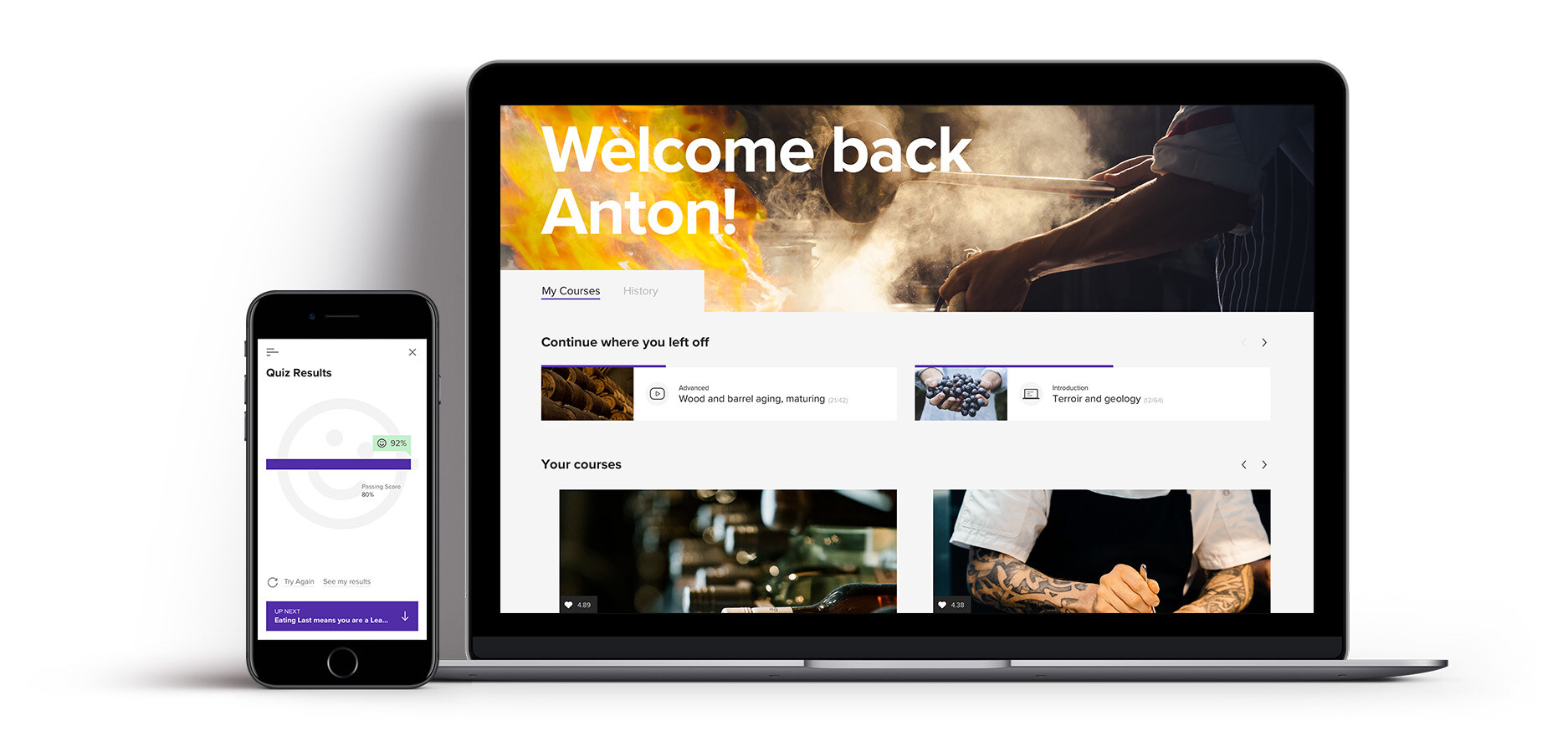
3. A personalized employee onboarding
There is no one-size-fits-all when it comes to onboarding. Different job roles and individual needs require different course content and study pace. Someone who is used to more practical work might struggle with theoretical learning. A digital onboarding unlocks many new and personalized learning formats. Turn boring manuals and documents into a dynamic learning experience. A warm and friendly communication style makes a huge difference and prevents your company from seeming cold and anonymous.
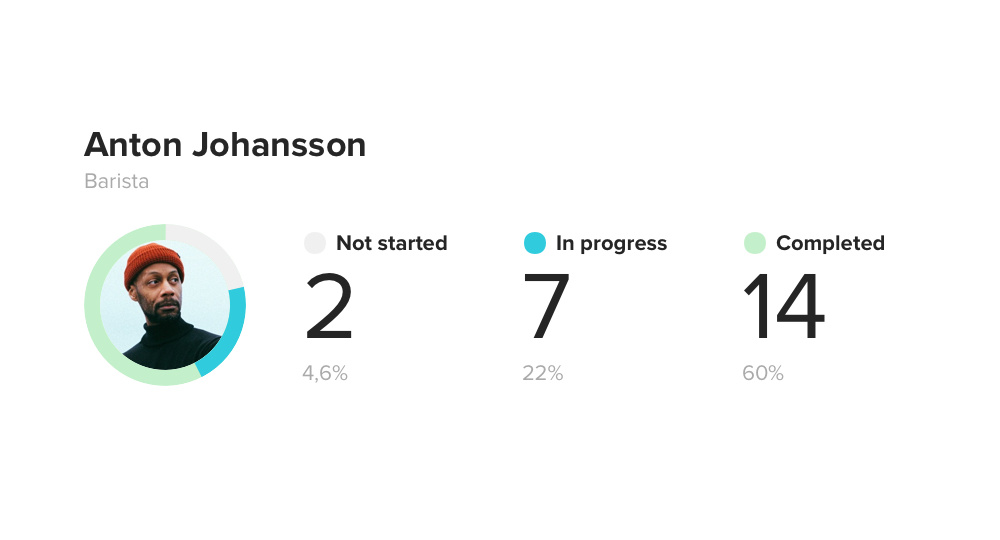
4. A productive employee onboarding
In the fast-paced hospitality industry, nothing is more important than productivity. That means that your new talent quickly needs to get up to speed. But in reality, productivity usually drops during the onboarding period. This is due to the lack of overview and ability to recognize support needs and progression.
By digitalizing the onboarding process, line managers can better track the individuals' progress through and milestones. Whether you are juggling one or multiple onboarding processes, across one or multiple units, a digital onboarding will help keep productivity on top.


